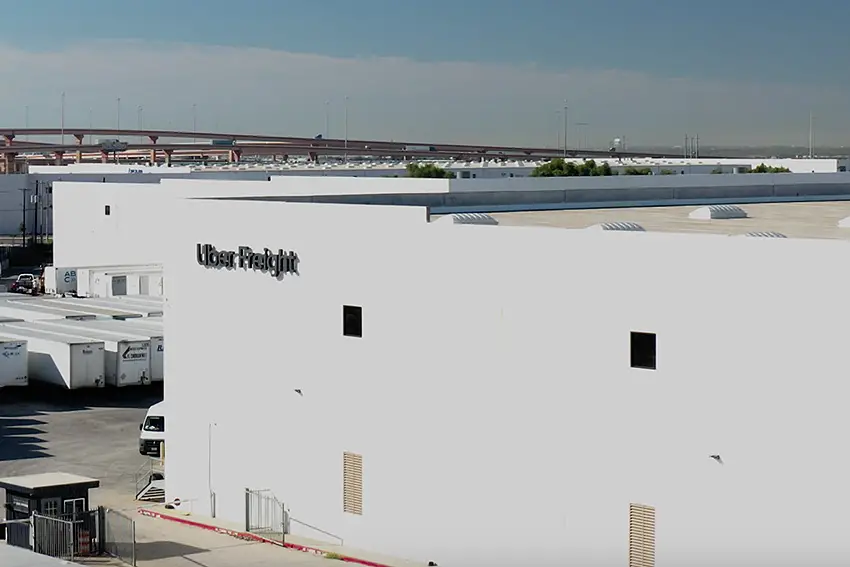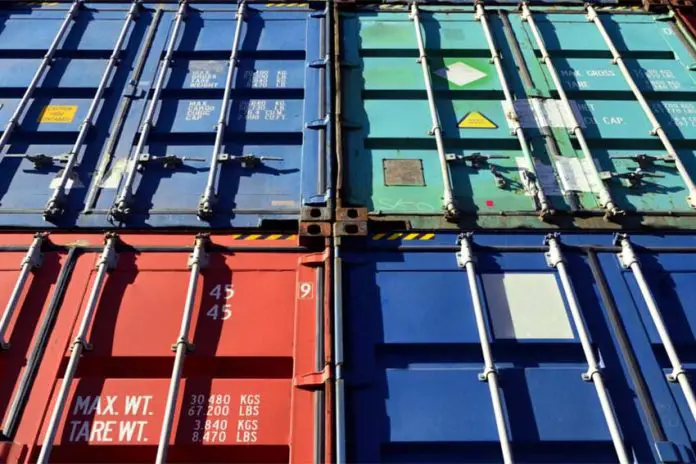As nearshoring continues to reshape global supply chains, Uber Freight says it aims to expand its market share in the cross-border shipping business.
The Chicago-based logistics platform announced this week that it’s enhancing its capabilities in Mexico with new leadership, expanded office locations — the company opened its 10th office in Mexico in July in Nuevo Laredo, Tamaulipas — and infrastructure improvements.

The company says it’s responding to clients who are seeing U.S.-Mexico trade surge as a result of nearshoring.
UberFreight reported a 77% year-on-year increase in cross-border business from shippers last year, according to the newspaper Transport Topics. In 2023, the company’s Mexico operations reached a record US $750 million, Transport Topics reported.
“As nearshoring transforms supply chains and cross-border trade expands, our priority is ensuring that our shipper partners have the resources and support they need to thrive in this evolving landscape,” said Lior Ron, Uber Freight CEO said in a company press release.
In addition to the Nuevo Laredo office, Uber Freight has hired 300 new employees in Mexico this year and named Jesus Ojeda executive vice president of Mexico operations.
With more than 30 years in the logistics industry, Ojeda is familiar with the challenges Uber Freight faces in Mexico, identifying warehouse availability as the principal concern.
Uber Freight is already one of the leading providers of cross-border warehousing solutions in Mexico, and its Laredo, Texas, warehouse occupies 1.5 million square feet and sees more than 2,000 daily shipments and more than 25,000 monthly custom entries.

The new office just across the border in Nuevo Laredo will focus on Mexican customs clearance for cross-border freight.
While 70% of the company’s existing customer base in Mexico is expanding operations, Ojeda said Uber Freight is also working with new customers that are expected to become operational within the next two years, further accelerating the nearshoring trend.
“Our latest investments, including the launch of our Innovation Center in Mexico City, reflect our dedication to driving technological advancements and delivering cutting-edge logistics solutions,” Ojeda said, according to the online news site FleetOwner.
Ojeda said the Innovation Center will focus on accelerating technology advancements and optimizing logistics solutions in the region.
With reports from Freight Waves, Transport Topics, Transportes y Turismo, and FleetOwner
